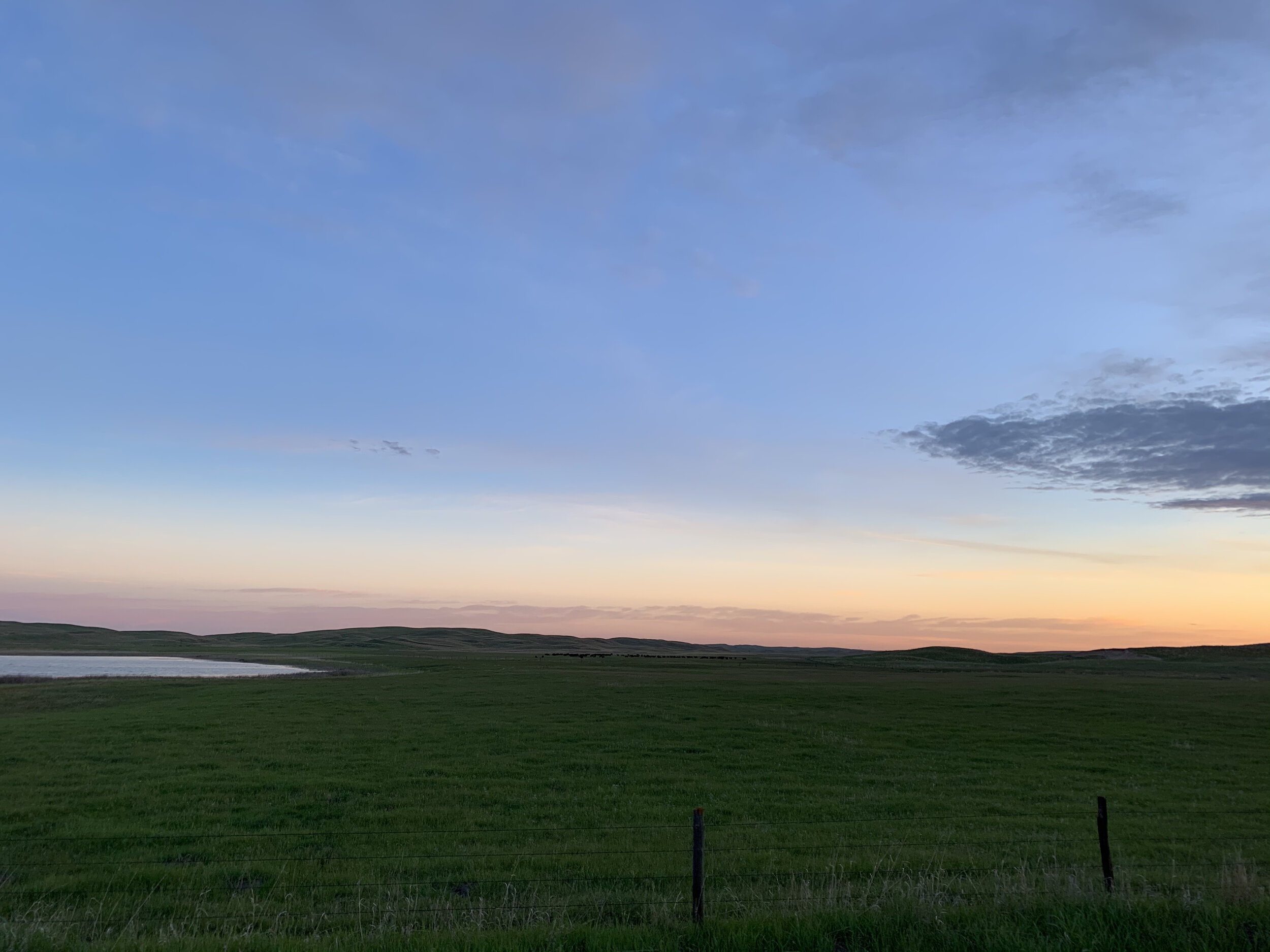The Rural Review
An online journal produced in conjunction with the Rural Reconciliation Project.
The Rural Review publishes digests of important academic contributions, program information, blog-style commentary, and periodic roundups of rural items from across academic disciplines and scholarly media.
Contributions from interested authors are welcome. Find our author guidelines here.
Dunlap et al.: A Dead Sea of Solar Panels
In ‘A Dead Sea of Solar Panels’: Solar Enclosure, Extractavism and the Progressive Degradation of the California Desert, Alexander Dunlap (Global Development Studies, University of Helsinki), Benjamin Sovacool and Bojana Novaković (both Institute for Global Sustainability, Boston University) discuss the spread of solar energy projects in the Mojave desert and the overlooked negative impact both on the environment and the people who live there.
Bryant & Farrell: Conservatism, the Far Right, and the Environment
In Conservatism, the Far Right, and the Environment, Jesse Callahan Bryant and Justin Farrel (both Environment, Yale) review and integrate sociological research with multidisciplinary literature on conservative and far-right environmental thought.
Walsh et al.: Rural Journalists and Environmental Reporting
In Gleaning Rural Journalism: Rural Journalists' Agricultural and Environmental Reporting Utilizing Community Storytelling Networks, authors Jessica Walsh (University of Nebraska-Lincoln), Mildred F. Perreault, Greg Perreault (both of University of South Florida), and Ruth Moon (Louisiana State University) examine how rural journalists report to their communities about the environment.
Rosenbloom: Sacrifice Zones
In Sacrifice Zones, author Johnathan D. Rosenbloom (Albany Law School) proposes a new way to address issues present at the intersection of climate change and land zoning laws.
Franz & McNelly: Finance, Extraction, and the Green Transition
In The “Finance-Extraction-Transitions Nexus”: Geographies of the Green Transition in the 21st Century, Tobias Franz (Economics, University of London, UK) and Angus McNelly (International Relations, University of Greenwich, UK) break down the relationship between finance capital, mineral extraction, and the environmental and the societal implications of the green transition.
Borgias et al.: Unlikely Alliances in Rural-Urban Environmental Conflicts
In Unlikely Alliances in Action: Balancing Alignment and Autonomy in Rural-Urban Water Conflicts, Sophia Borgias (Public Service, Boise State University), Kate Berry (Geography, University of Nevada-Reno), and Dalten Fox (Arts and Sciences, University of South Alabama) emphasize the positive impact of “unlikely alliances” arising from efforts to tackle critical environmental issues. The authors employ a “place-based and historically embedded” approach to explore the internal dynamics of alliances among groups that have traditionally been in opposition.
Hibbeler & Mars: A Model for Borderland Conservation Communities of Practice
In Overcoming Episodic Political Uncertainties and Tensions: Borderland Conservation Communities of Practice and the Bridging and Linking of Social Capital, Kari Hibbeler and Matthew M. Mars (both Agricultural Education, Technology & Innovation, University of Arizona) consider how political uncertainty and tension affect the formation and function of wildlife conservation initiatives along the borderland between the US and Mexico. Drawing on feedback from semi-structured interviews with fifteen conservation professionals along the southeastern Arizona (AZ) and northcentral Sonora, Mexico (SO) borderland region, Hibbeler and Mars propose a borderland conservation communities of practice (BCCsP) model that encourages collaboration between the agencies and organizations.







